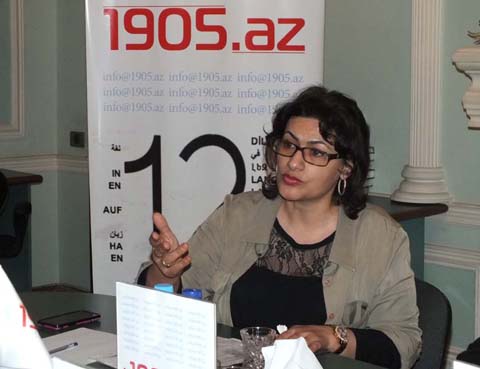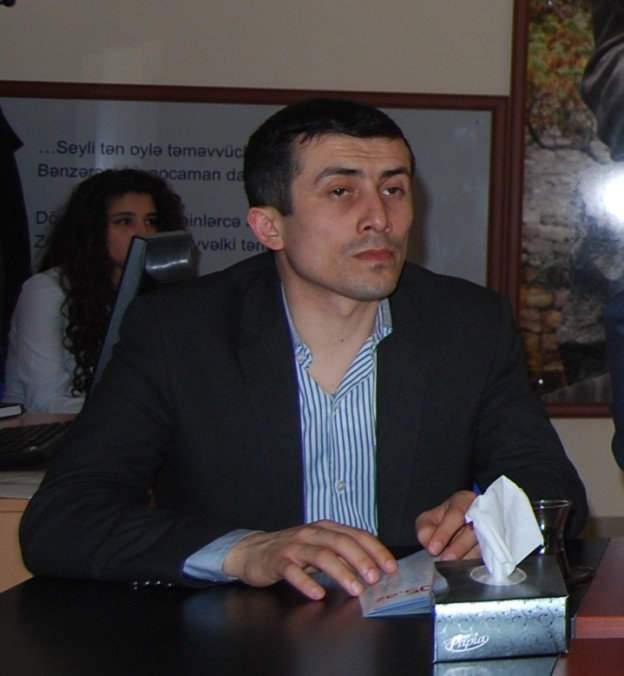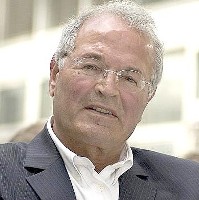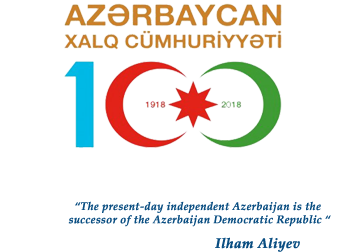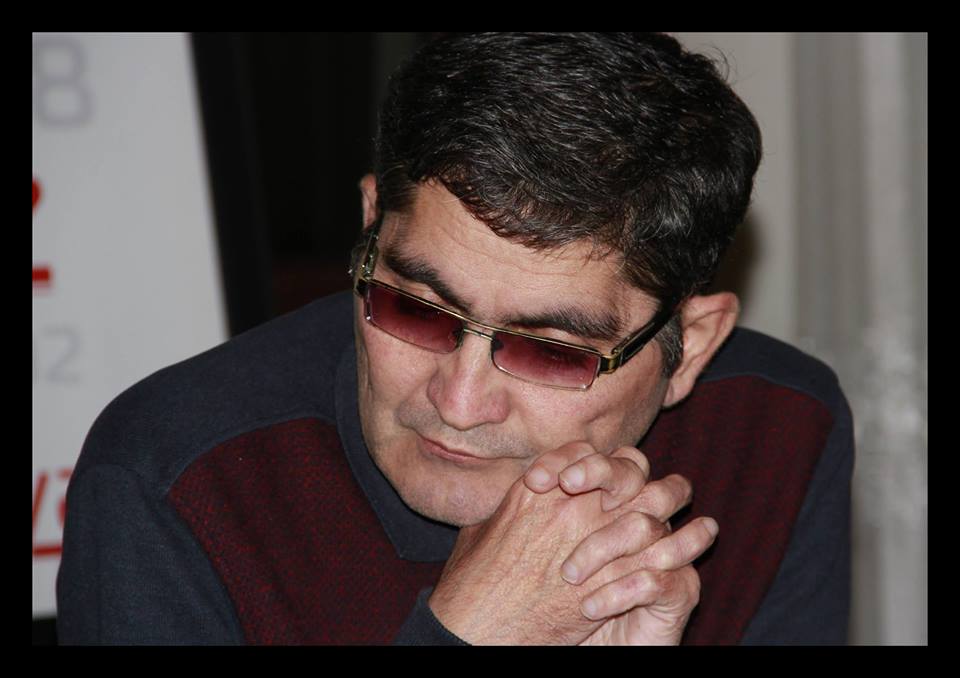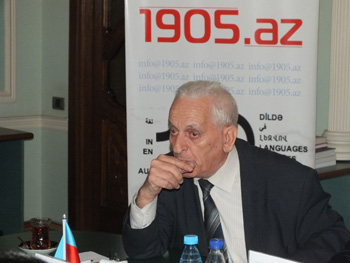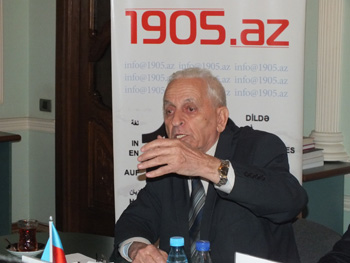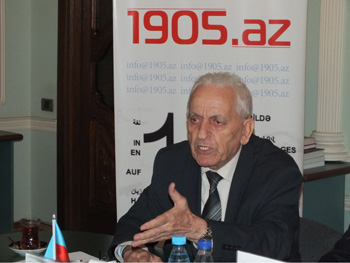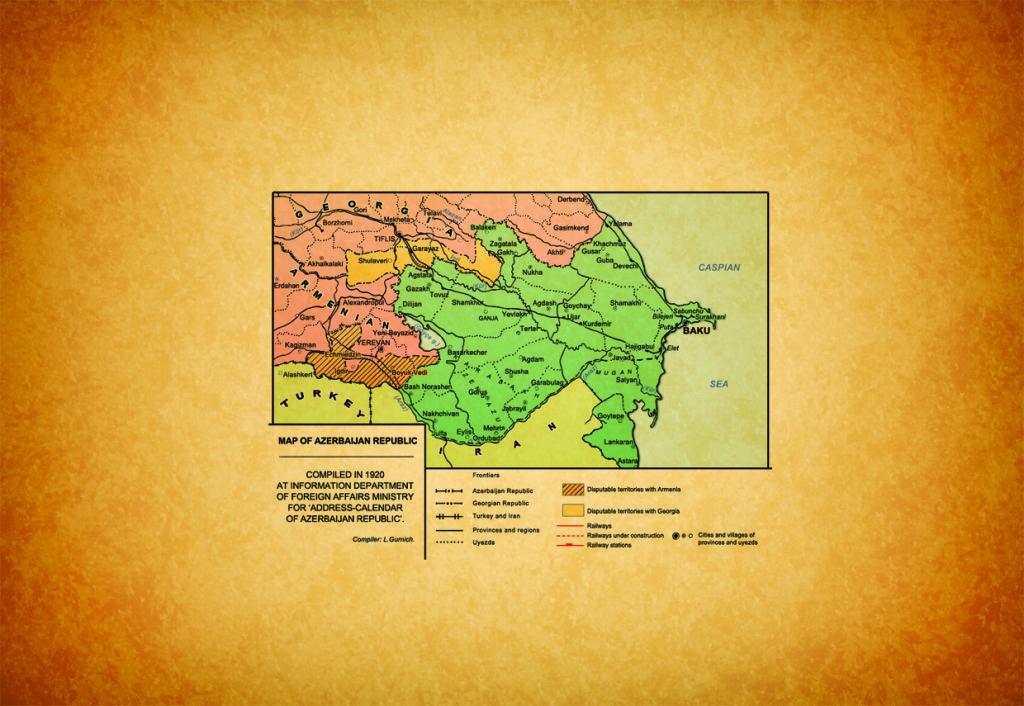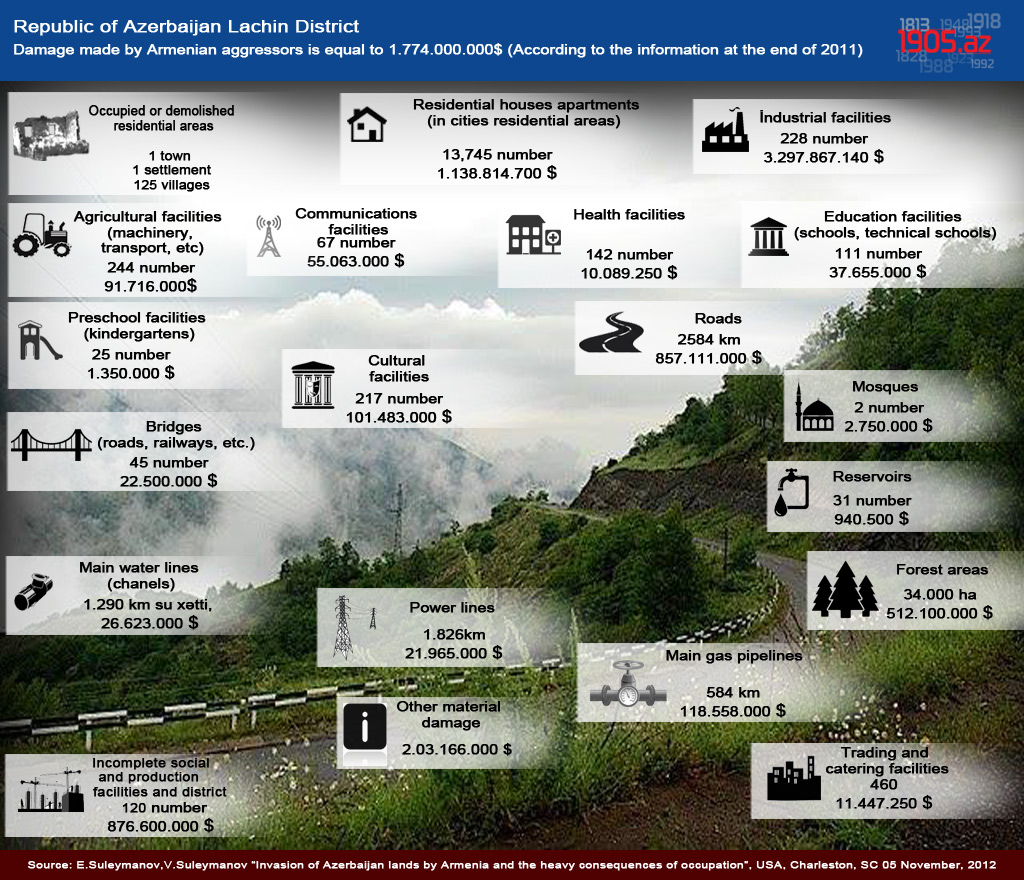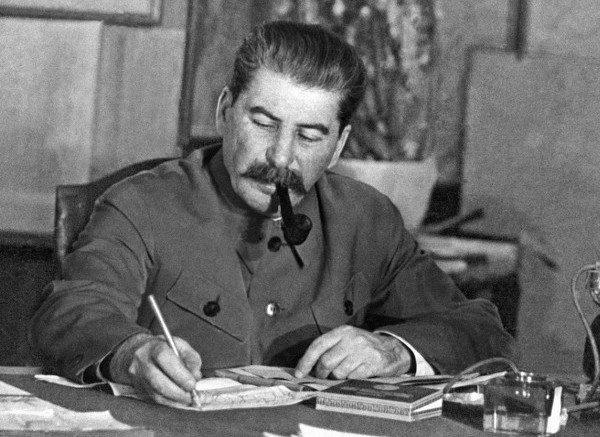
Armenians attempted to prove in the academic works and monographs published since the 80th years of XX century in Armenia that as if Stalin gave Nagorny Karabakh and Nakhchivan that were considered as Armenian lands by them to the Azerbaijan SSR at the 20th years of XIX century. Occurrence of such publications wasn’t accident. As antistalin criticism was widespread under “reconstruction’, “new thinking” slogans in the Soviet press at the second half of 80th years of XX century, faults of totalitarian communist system in all spheres including ethnicity related issues were attributed to Stalin.
Armenians didn’t stop their territorial claims to Azerbaijani lands such as Karabakh, Zangazur, Nakhchivan after the occupation of North Azerbaijan by XI Red Army of Russia on April, 1920. Targeting invasion of all South Caucasus, Soviet Russia acted as a mediator in the settlement of this conflict. One of the leaders of the Soviet Russia who took part in this process was I. Stalin who guided Commissariat of the USSR on internations relations for 1917-1922. Stalin, who was an imperial-minded public figure well understood that, country which was subject to civil war and economic depression needs for more domestic peace and stability. Stalin always paid attention to purpose-orientation principle from political point of view in the settlement of ethnic conflicts.
According to archieve documents, telegrams and reports had been addressed to two persons- I.Stalin and G.Chicherin in Armenia-Azerbaijan conflict over territorial issues for 1920-1921. And, it was understandable, as the first one was in charge of internations relations, second one was responsible for the foreign affiars of the RSSR. The teleqram sent fot the center, in most cases bore the signature of G. Orjonokidze authorized by Lenin on guidance of internal and foreign policy of the Azerbaijan SSR. Only G. Orjonekidze proposed to separate Nagorny Karabakh as autonomous oblast within the Azerbaijan SSR for the first time in the telegram sent to G. Chicherin at the middle of 1920.
Additionally, Stalin commented his position on the territorial conflict between Armenia and Azerbaijan in the following telegram sent to S. Orjonekidze: “In my opinion, maneuvering between the parties continiousely isn’t allowed, if we look at it’s necessary to support Azerbaijan and Turkey’s position. I talked to Lenin, he doesn’t reject”. But, Stalin approached the settlement of territorial problem from the point of view of political dividends. Stalin’s remarks at the joint meeting of the various branches of the Azerbaijani Communist Party, Azerbaijan Revolution Committee and Baku Executive Committee held on November 9, 1920 where Dashnaki Armenia’s territorial claims against the Azerbaijan SSR’ was discussed, proves this fact again. Stalin said in his speech: “If they want to know to whom Zangazur valley and Nakhchivan belongs, it’s impossible to give them to the incumbent Armenian authority, it can be done after its Sovietization”.
It can be deduced from Stalin’s statement that, the issue of giving Nakhchivan and Zangazur to Armenia had already been settled by supreme bolshevik guidance prior to the sovietization of South Caucasus in Moscow. Advertentdly distorting the text of Baksoviet declaration in his article titled “Long Live Soviet Armenia” published in “Pravda” newspaper on December 4, 1920, Stalin boldly declared giving Zangazur, Nakhchivan and Karabakh to Armenia. There was a fake mtyth created by Armenian historians and strongly engraved in public opinion that, as if the abovementioned decree by the Central Committee of the Caucasus Bureau of the Russian Communist Party on Nagorny Karabakh is related to Stalin. Armenians initially used simple method at the first years of “Karabakh conflict”, then effective method as can be seen- such “historical legend” has been created and agitated that as if the Caucasus Bureau made a decision on giving Nagorny Karabakh to Armenia on July 4, 1921. But after Stalin’s intervention, plenary made a new decision on july 5, 1921to keep Nagorny Karabakh within the Azerbaijan SSR. Therefore, the autonomous status of Nagorny Karabakh within the Azerbaijan SSR has been considered by Iravan as one of severe consequences of Stalinism. One should note this factor played a great role in shaping the public opinion in the Soviet community on the Karabakh problem which was actually regarded as an artificially created problem.
Based on the factual reports, let’s review Stalin’s role in this problem. According to biographic chronology, Stalin had been in holiday in Nalchik since the late May, 1921. His holiday comes to abrupt end when he returns to Tbilisi a week prior to the the discussions on the Nagorny Karabakh problem. It should be noted that, Stalin’s visit to Tbilisi was related to Armenians’ claims to Georgia in regard with Akhalkalaki and Borchali counties. A. Bekzadyan, the representative of the Armenian SSR made the following remarks in regard with the determination of the borders of South Caucasus republics on June 25, 1921 in Tbilisi: “Armenia will not exist as a political subject if it hasn’t enough territory. In this regard, territories should be cuted from neighboring Azerbaijan and Georgia on Armenia’s favour”. Accordingt to the meeting’s minute, Myasnikov and Bekzadyan expressed different views on this problem in the meeting with Stalin.
Meanwhile, Stalin who had come to Tbilisi and took part in the Caucasus Bureau meeting, agreed with the Armenian side and was aware of their claims to neighboring republics. Stalin took part at the Caucasus Bureau plenary as the representative of Center and a commissar in charge of internations relations from July 2 to 7. It should be pointed out that, although Stalin attended the discussions concerning the Karabakh problem, but he didn’t deliver any speech and was absent during the voting.
Interestingly, in a telegram sent for Orconikidze from Tbilisi on July 4, Lenin was writing: “I was surprised that, you deprived Stalin from his holiday. Stalin had to have a little bit rest”. This point shows that, Stalin took part at the Caucasus Bureau meeting, without informing Lenin, and demanded by Orjonekidze. From the other point, none of the Armenian authors could submit the verbatim report of the Caucasus Bureau meeting on July 4-5, 1921, especially text of the speeches made by Stalin or other participants of the meeting. Only understandable evidence of the Armenians is the fact that Stalin had taken part at the mentioned meetings.
Thus, the Armenian version saying that Stalin gave “Nagorny Karabakh to Azerbaijan” because he had respect for the Azerbaijanis, is groundless…
It has been compiled under article “Позиция Сталина в вопросе о территориальной целостности Азербайджанской ССР и фальсификации в армянской историографии” (İRS № 4-5 (28-29), 2007, in Russian) by Ilgar Niftaliyev.

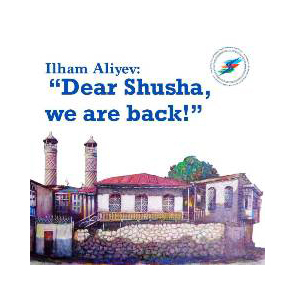

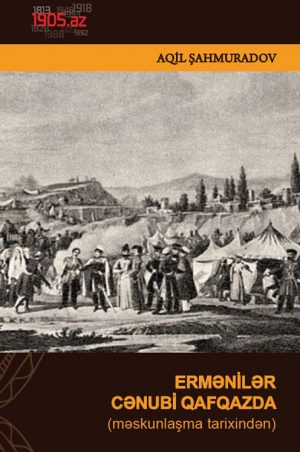





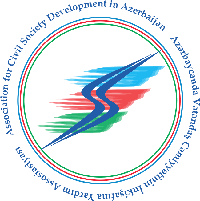
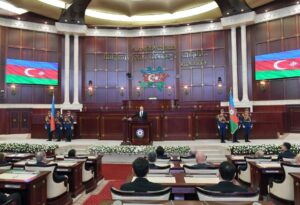 Inauguration ceremony of President of Azerbaijan Ilham Aliyev was held
Inauguration ceremony of President of Azerbaijan Ilham Aliyev was held Ilham Aliyev wins presidential election with 92.05 percent of votes VIDEO
Ilham Aliyev wins presidential election with 92.05 percent of votes VIDEO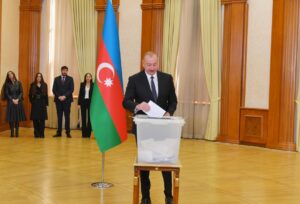 President Ilham Aliyev, First Lady Mehriban Aliyeva and family members voted in Khankendi VIDEO
President Ilham Aliyev, First Lady Mehriban Aliyeva and family members voted in Khankendi VIDEO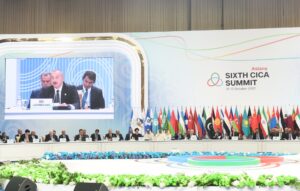 Plenary session of 6th Summit of Conference on Interaction and Confidence Building Measures in Asia gets underway in Astana. President Ilham Aliyev attends the plenary session VIDEO
Plenary session of 6th Summit of Conference on Interaction and Confidence Building Measures in Asia gets underway in Astana. President Ilham Aliyev attends the plenary session VIDEO President Ilham Aliyev was interviewed by Azerbaijani TV channels in Prague VIDEO
President Ilham Aliyev was interviewed by Azerbaijani TV channels in Prague VIDEO



